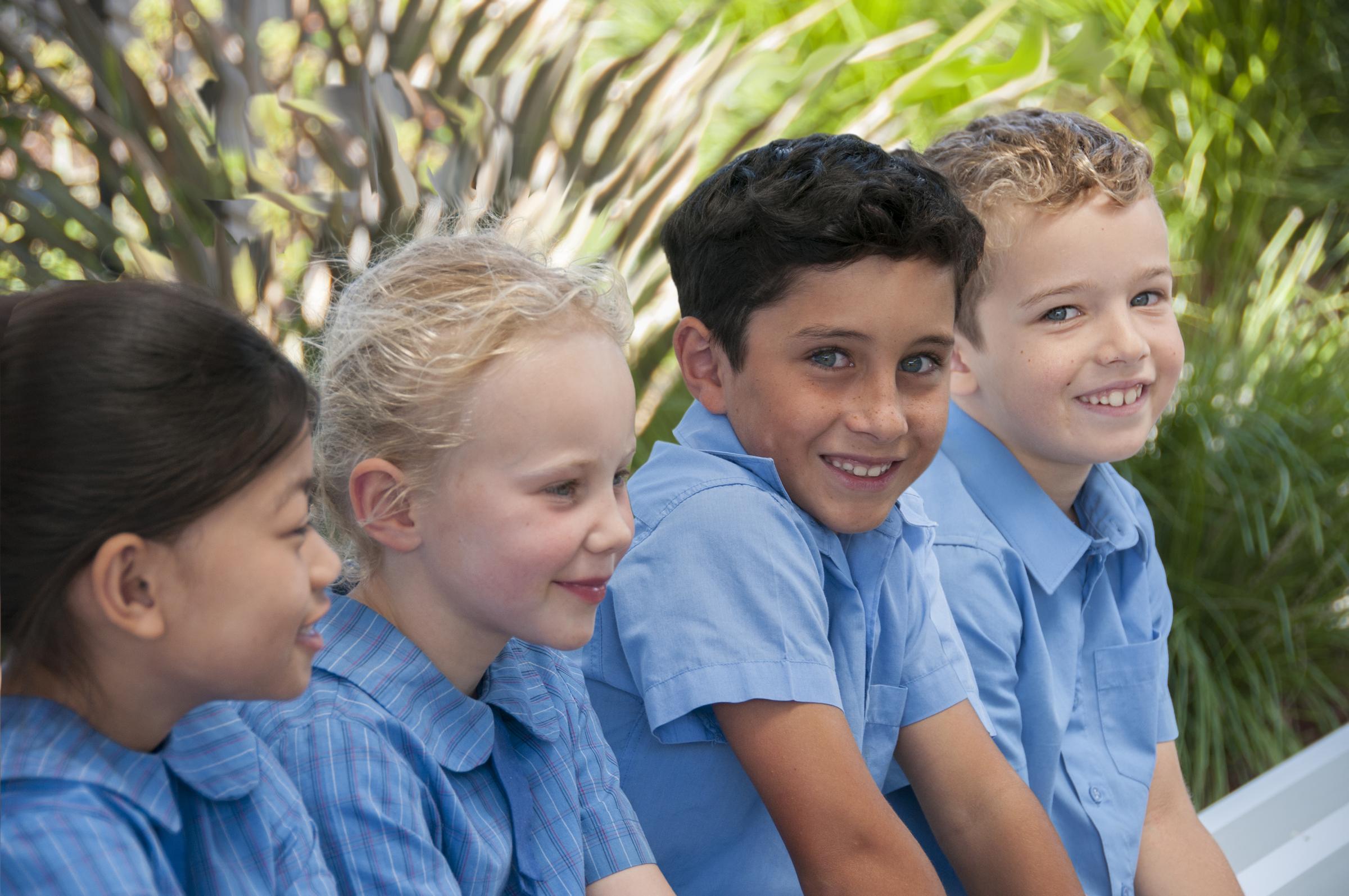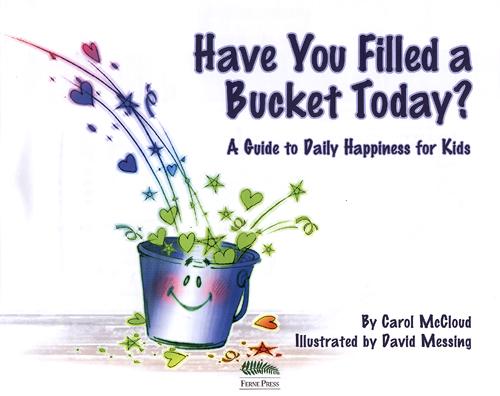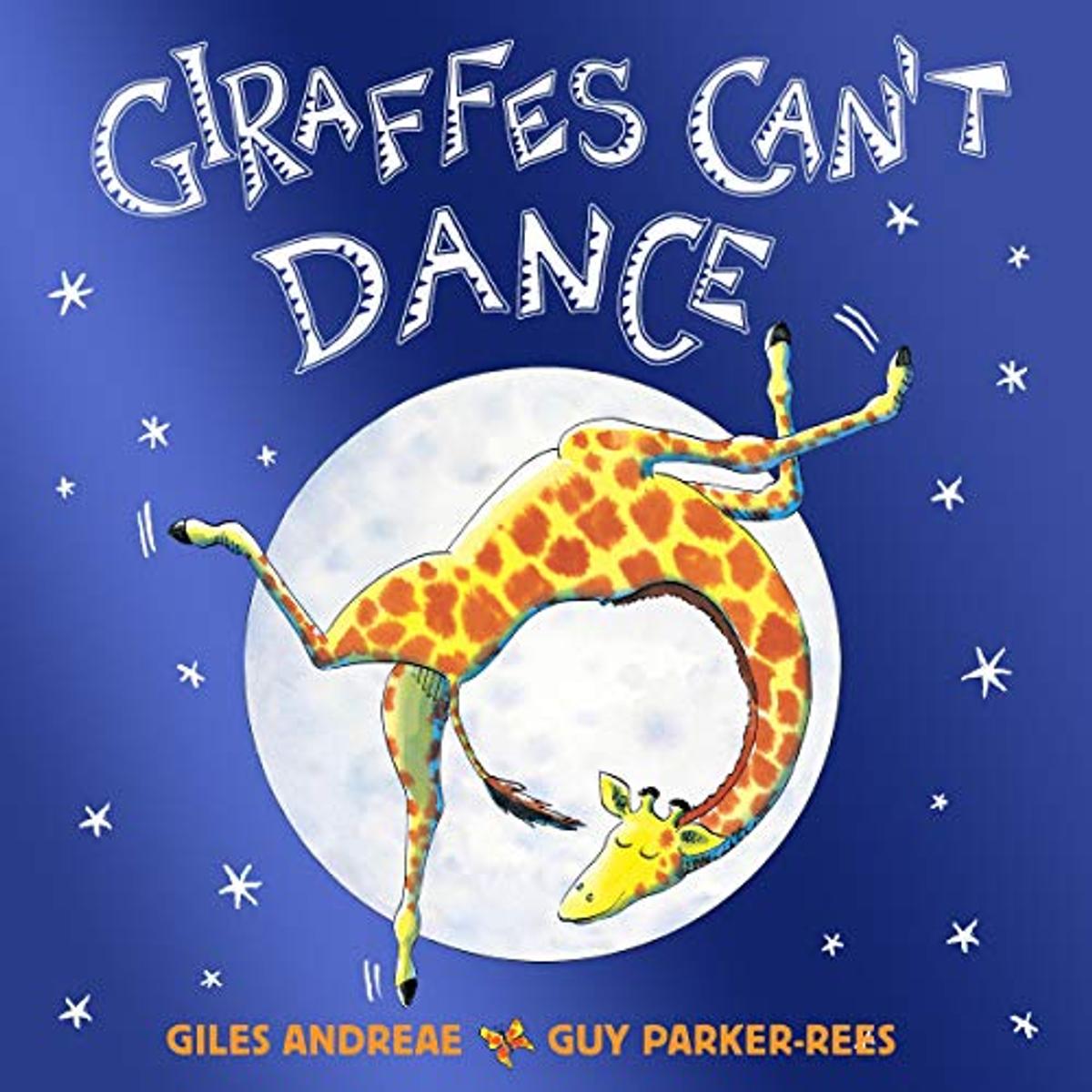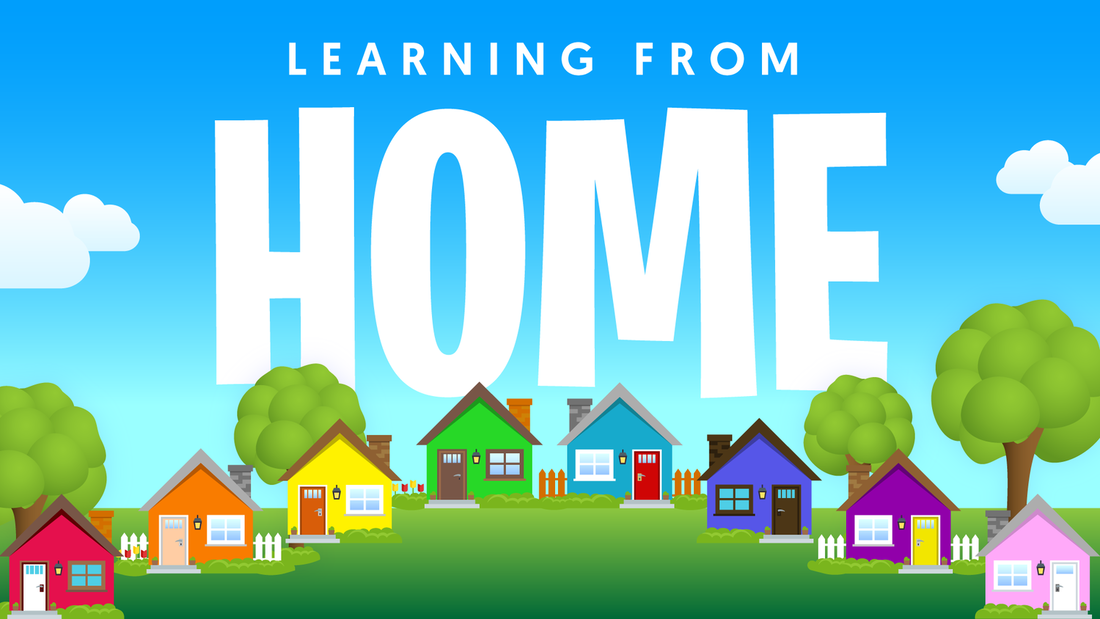Student Wellbeing News

Spotlight: Year 3/4 Community
Program: Friendly Schools Plus
Focus: Self-awareness
In the Year 3/4 Community, we have been discussing the analogy of 'buckets'. Everyone has an invisible bucket. If we say something nice, their bucket fills up a little bit. If we say something mean, we dip into their bucket. In the Year 3/4 Community, we want everyone to have a full bucket! Because we are all spending way more time at home, the Year 3/4 students have been brainstorming ways to fill up the buckets of their family members. The awesome thing is, when we help fill up the buckets of other people, we feel really good and our bucket gets filled up too!
If you haven't read this story, please do. The message is beautiful! You can listen to the story by clicking this link: https://www.youtube.com/watch?v=3EuemNAo6XE&t=141s
We have also been looking at the importance of having positive self-esteem. We listened to the story Giraffe's Can't Dance, which is about a giraffe who loves dancing. All of the animals teased him because they thought giraffes were too lanky and clumsy to dance, they made Gerald feel really self-conscious. In the end, Gerald performed for them and he was the most magnificent dancer that the animals had ever seen! We identified things that we like about ourselves, what we're good at, people who love us and why we are awesome.
Topic: Fun and engaging brain break ideas
Working and learning from home can make for a LONG day. It's so important for all members of the family to take brain breaks and recharge. Here is a list of my favourite brain break activities that kids love!
1. GoNoodle: a free online resource that provides tons of ways for kids and families to be active, stay mindful, and keep on learning! It offers yoga, mindfulness, dance videos, downloadable activities and heaps more! Link- https://www.gonoodle.com/for-families/
2. Smiling Mind: a free online resource and app that provides engaging meditation and mindfulness activities. Link: https://www.smilingmind.com.au/
3. Cosmic Kids Yoga: a series of free online videos which has a very entertaining yoga instructor. Kids love following these yoga moves! Link: https://www.youtube.com/user/CosmicKidsYoga
4. PE with Joe: heaps of free online videos where you can follow the workout. It's appropriate for all ages. Link: https://www.youtube.com/channel/UCAxW1XT0iEJo0TYlRfn6rYQ
5. Breathe, Think, Do with Sesame: a free app where your child can help a Sesame Street monster calm down and solve problems.
Topic: Supporting your child to learn from home
Remote learning is a HUGE change for all of us. Finding ways to relieve stress can be harder, now that most family members are home around the clock, gyms are closed and we can't see our friends. Let's talk about ways to support your child during remote learning, for their education and the wellbeing of parents.
You can support your child by:
- having a routine and setting expectations (the Avery family have created their own home learning timetable, where they adapted the weekly timetable from their teacher. This is working well for them!)
- making sure your child has a space to work in
- providing a level of supervision suitable to your child’s stage of development and individual needs
- monitoring communications from teachers
- monitoring how much time your child is spending online.
Setting up a learning environment
Every home is different but it’s important to provide a quiet and comfortable space in which to learn.
Where possible, extended learning should take place in a space your family shares. For example, a lounge room or dining room. These spaces are preferable over a bedroom, where your child can feel isolated and supervision can be more challenging.
It should be a place:
- that can be quiet at times (doesn't have to be a silent space all the time)
- that has a strong internet signal, if possible
- where you or another adult is nearby
Establishing routines and expectations
Start and end each day with a check-in to help your child:
- clarify and understand the instructions they get from their teachers
- help them organise themselves and set priorities for their learning at home.
A healthy daily routine is great for mental and physical health, as well as concentration and learning.
Encourage regular exercise breaks. This might mean going for a walk, using exercise DVDs and apps, dancing, floor exercises or using home exercise equipment. Encourage healthy eating habits and make sure they drink enough water.
There are lots of helpful websites on the Government website to help us during this time of Remote Learning. You can find them here https://www.education.vic.gov.au/parents/learning/Pages/home-learning.aspx
Haylea Anderson
Student Wellbeing Leader




